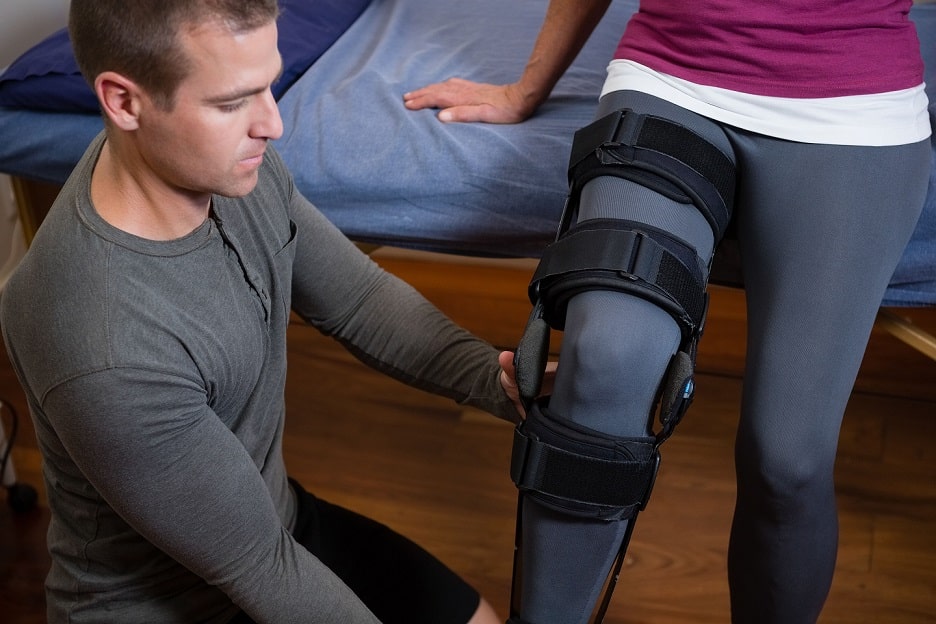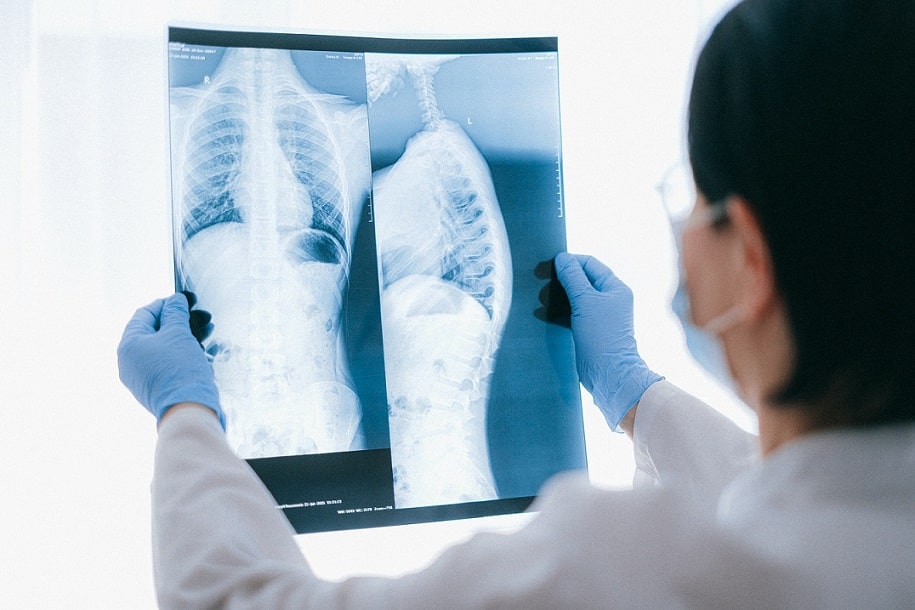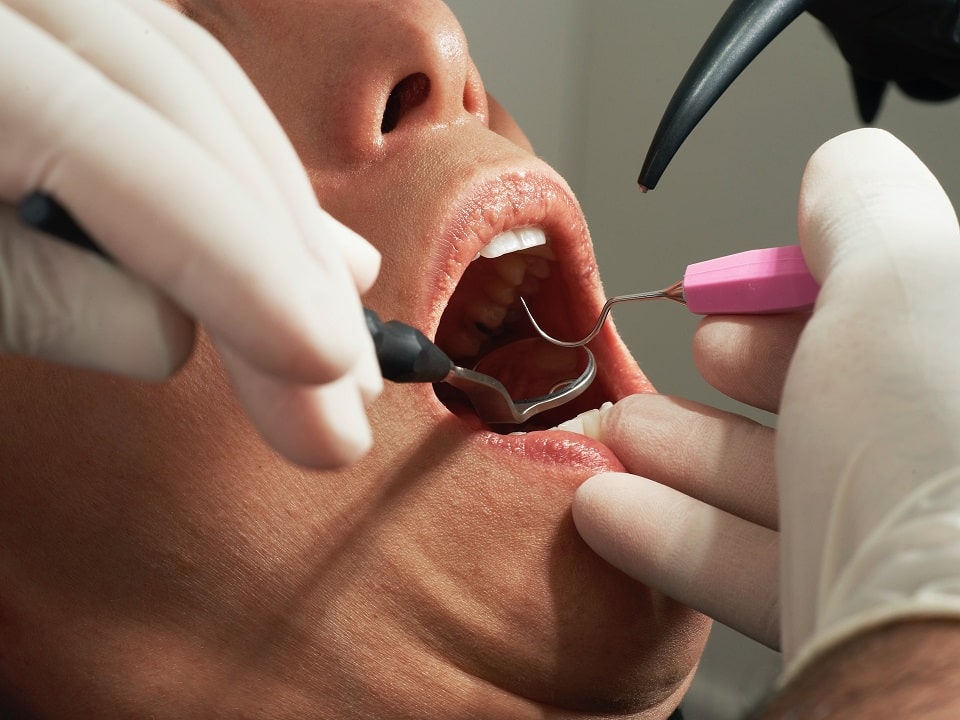In the everyday life, it’s unfortunate – but not uncommon – for accidents at work to happen. If you suffer an injury from an accident in the workplace that was not your fault, you might be eligible for compensation.
Whether the injury has occurred during the course of your employment, or perhaps on public land or in a shop or somewhere else, you have rights, and you can claim for genuine accidents causing injuries as a result.
Accident at work compensation
An accident at work could occur in a number of different ways, particularly if the nature of the work or the equipment involved is dangerous. Every employer has a duty of care to provide a safe working environment for their employees – they must uphold health and safety rules as required by the law, and should have insurance to cover for the unfortunate times when accidents do happen.
Accidents can happen through even the smallest of faults, which may include:
- Tripping on a computer wire
- Falling over small objects dropped on the floor
- Slipping on spillage that was left out with no warning sign
- Injury caused by using faulty or unsuitable equipment
If you have had an injury at work that was not your fault, you could be eligible for a work injury compensation claim.
Normally, you just claim from your employer’s insurance policy. Don’t worry – it’s not a personal thing. You were injured whilst working for them in the work place they provided, and the insurance policy is precisely there to protect you should an accident occur, so use it – that’s its purpose.
Your lawyers will normally submit a Claim Notification Form containing all the relevant details of the case. The employer’s insurer usually has 30 working days to accept or deny liability. If accepted, both parties may enter into negotiations for agreeing on a settlement sum. If the insurer denies liability or the parties can’t agree on a settlement sum than the claim may need to be fought at court!
What about non-work injury claims (public liability)?
If you visit a privately owned property that you were allowed access to, the property owner has a duty of care to ensure all visitors have a safe visit on the premises. This can include a shopping store, a café, a restaurant, a bank etc.
The owner must take reasonable care to ensure nothing harmful or dangerous poses a risk to visitors. Sometimes, they can be careless and forget to mop up a spillage or forget to put out a warning sign. Any injury that could be prevented by taking necessary steps could lead to a claim for compensation, and the duty of care can be higher if the visitor is a child, elderly or disabled.
How do I claim for public liability compensation?
A Claim Notification Form containing details of the claim is usually submitted by your lawyers. For public liability claims, the defendant usually has to accept or deny liability within 40 working days.
If the defendant denies liability then the claim usually drops out of the portal and may be referred to court. If the defendant accepts liability then both parties will have a chance to negotiate a settlement sum. Should this be unsuccessful because the parties can’t agree on a sum, then the claim may then be put to the court where all of the evidence will be examined impartially and a compensation award be given if needed.












